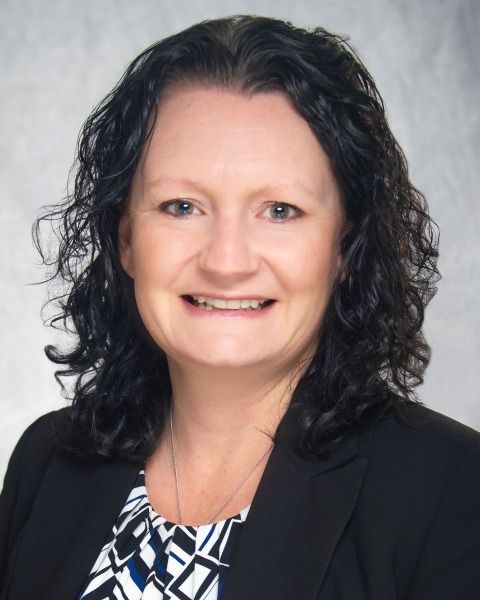
Amy L. Ryan, n/a
University of Iowa
Amy Ryan, PhD, Associate Professor of Anatomy and Cell Biology and Director of the Precision Medicine Center for CF at the University of Iowa.
My research program focuses on understanding the complex mechanisms that contribute to the pathogenesis of lung disease with a particular focus cystic fibrosis and ciliopathies. The long-term goal of my research program is to fully understand specification of specialized airway epithelial cell types from stem and progenitor cells in the human lung in the context of lung injury, regeneration and disease pathogenesis. To date, I have published over 60 peer-reviewed original research papers, 45 invited reviews/editorials/chapters and edited book focusing on Lung Stem Cells. I have extensive experience in both pulmonary and stem cell biology with specific training in lung physiology and pathology including the vasculature and airways, electrophysiology, gene editing, stem cells and regenerative medicine. My major contributions to the field include developing differentiation protocols, mimicking embryonic lung development, to specify cells comprising the proximal airway epithelium. We are now using these induced pluripotent stem cell (iPSC)-based models, in conjunction with primary airway epithelial stem cells, to understand mechanisms of injury and repair of the human airway epithelium, including, but not limited to, progenitor cell specification and differentiation, epithelial barrier function, injury and repair and mucociliary clearance.
Recently, we have expanded our focus to understand the impact of the cellular niche, including roles of inflammation and inflammatory cells, in airway regeneration. Inflammation is a core pathogenic process in many lung diseases, including cystic fibrosis, and is likely to influence cellular behaviors during airway regeneration. We recently showed that crosstalk between neutrophils and the airway epithelium results in significantly enhanced inflammatory response to infection with SARS-CoV-2 when compared to either cell type studied in isolation. The development of more complex, multi-cellular and tissue-level models is likely to provide more mechanistic insight into tissue specific changes in regeneration in response to disease or infection. In collaboration with Dr. Parekh at the University of Iowa, and as part of the Cystic Fibrosis Foundations Consortium on Stem Cells, we are further developing pre-clinical large animal models for evaluating cellular based therapeutics for airway disease. Established projects in this area involve generating lung epithelium and mesenchyme from iPSC using both 2-D and 3-D differentiation models mimicking embryogenesis as well as isolation, culture and comparisons to iPSC-derived and primary basal cells. In the context of restoration of functional mucociliary clearance, we are focused on characterizing novel mechanisms controlling multiciliogenesis using both human iPSC-based and primary lung epithelial cell-based models to manipulate specific genes and pathways during specification of these cells. Tissue level responses are being evaluated in intact ex vivo tissues as well as human airway-on-chip models developed in our laboratory.
Presentation(s):
-
S27--Airway Stem Cells: Tools, Targets, & Therapies
Saturday, September 28, 2024
10:15 AM - 12:15 PM ET -
S27.1- Lung-on-Chip Models to Understand Stem Cell Dynamics in CF
Saturday, September 28, 2024
10:15 AM - 12:15 PM ET
